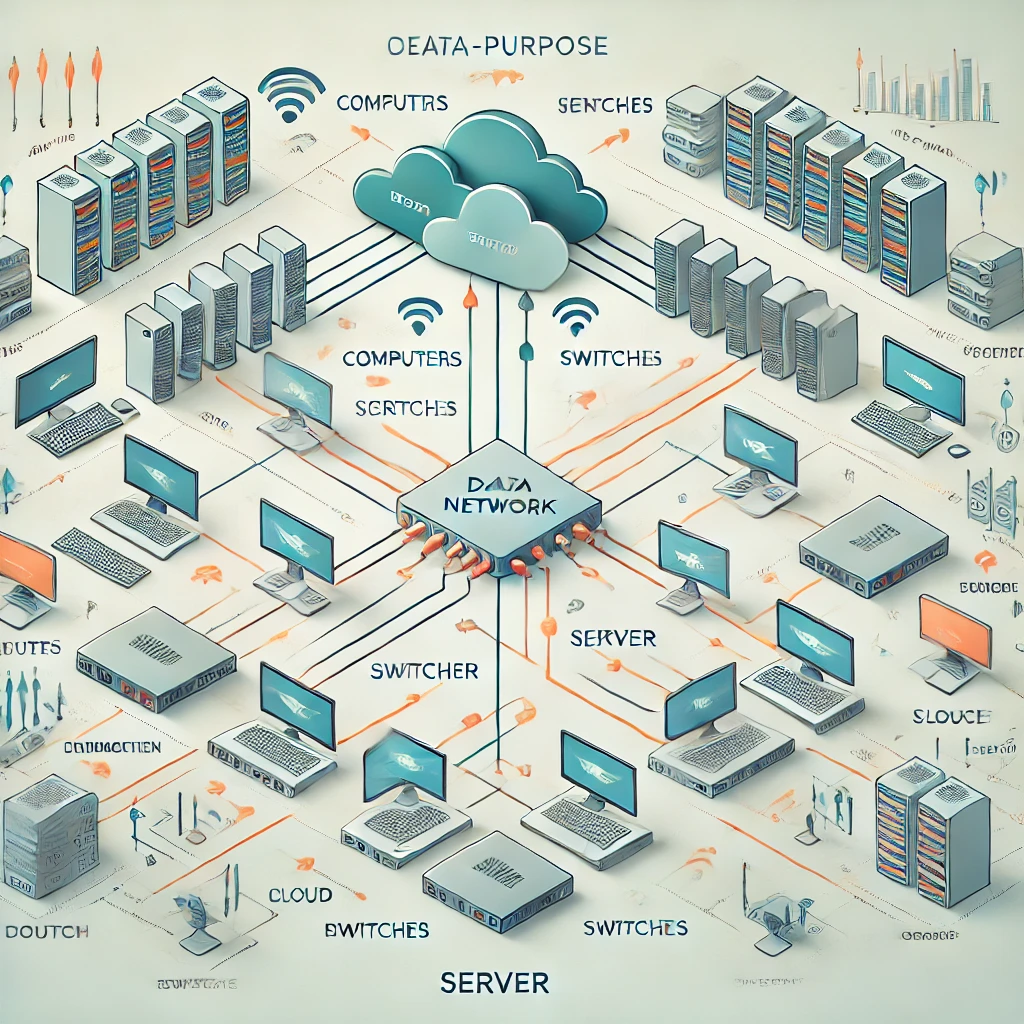Understanding Internet Service Providers (ISPs): A Comprehensive Guide

Categories:
3 minute read
What is an ISP?
An Internet Service Provider, or ISP, is a company that provides Internet access to its customers. Think of it as the bridge between your device (computer, smartphone, tablet) and the vast world of the internet. ISPs establish the network infrastructure, including cables, routers, and servers, that allows you to connect to the internet and access websites, send emails, stream videos, and much more.
How Does an ISP Work?
Physical Infrastructure: ISPs lay vast networks of cables, both underground and underwater, to connect different locations. These cables carry digital information, including internet traffic.
Network Centers: ISPs operate network centers, also known as data centers, which house servers and routers that manage internet traffic. These centers are responsible for routing data packets to their intended destinations.
Internet Exchange Points (IXPs): ISPs connect to IXPs, which are physical infrastructures where multiple ISPs can exchange internet traffic. This allows for efficient routing of data across the internet.
Customer Connection: ISPs provide various connection methods to customers, such as:* Dial-up: A legacy method using a modem to connect to the internet over a phone line.
Digital Subscriber Line (DSL): A high-speed internet connection using existing telephone lines.
Cable Internet: A high-speed internet connection using coaxial cables, often shared with cable TV services.
Fiber Optic Internet: A high-speed internet connection using fiber optic cables, offering the fastest speeds and lowest latency.
Wireless Internet: A wireless connection using technologies like Wi-Fi, 4G, 5G, and satellite.
Types of ISPs
Regional ISPs: These ISPs operate within a specific geographic region, such as a city, state, or province. They often provide services to smaller communities and businesses.
National ISPs: These ISPs operate across the country, providing internet access to a wider range of customers. They often have a larger network infrastructure and can offer a variety of services, including broadband internet, VoIP, and data center services.
Global ISPs: These ISPs have a global reach, operating across multiple countries. They often provide international connectivity and services to large corporations and multinational organizations. Choosing an ISP
When selecting an ISP, consider the following factors:
Speed: The internet speed, measured in Mbps (megabits per second), determines how quickly you can download and upload data.
Reliability: A reliable ISP offers consistent service with minimal downtime.
Coverage: Ensure the ISP’s network covers your area.
Customer Service: Good customer support is essential for resolving issues and getting timely assistance.
Pricing: Compare the cost of different plans, including any additional fees or contracts.
Data Caps: Some ISPs impose data caps, limiting the amount of data you can use each month.
Contract Terms: Understand the terms and conditions of your ISP’s contract, including any early termination fees or penalties. ISP Services Beyond Internet Access
Many ISPs offer additional services beyond internet access, such as:
Home Phone Service: VoIP (Voice over IP) phone service allows you to make calls over the internet.
Cable TV: ISPs that use coaxial cables often offer cable TV services.
Home Security Systems: Some ISPs offer home security systems that can be monitored remotely.
Streaming TV Services: Many ISPs bundle streaming TV services with their internet plans. the Role of ISPs in the Digital Age**
ISPs play a crucial role in the digital age by providing the infrastructure that enables individuals and businesses to connect to the internet. As technology continues to evolve, ISPs are adapting to meet the increasing demand for faster, more reliable, and more affordable internet access. By understanding the basics of ISPs, you can make informed decisions about your internet service and maximize your online experience.
Feedback
Was this page helpful?
Glad to hear it! Please tell us how we can improve.
Sorry to hear that. Please tell us how we can improve.